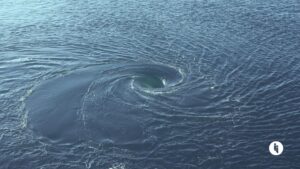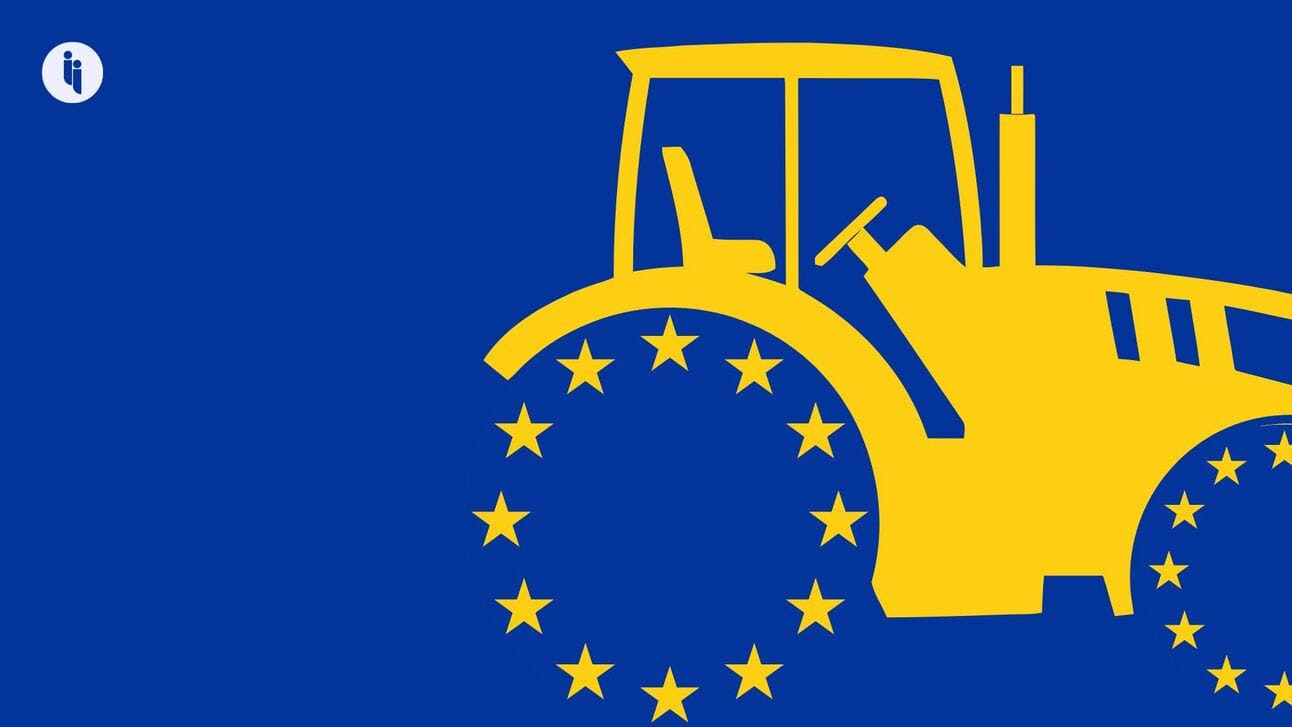European Commission President Ursula von der Leyen announced yesterday (Tuesday) she’ll withdraw plans to halve the use of chemical pesticides by 2030, following weeks of widespread protests by EU farmers.
Intriguers in Europe will have seen these demonstrations dominating front pages for weeks, with attention-grabbing strategies like blocking roads with tractors, and our personal favourite: dumping manure in front of parliament.
But a recent escalation of protests in France (dubbed the ‘Paris blockade’) inspired similar moves across Greece, Spain, Germany, Belgium and beyond.
Stay on top of your world from inside your inbox.
Subscribe for free today and receive way much more insights.
Trusted by 148,000+ subscribers
No spam. No noise. Unsubscribe any time.
So what’s this all about? There are local farmer complaints specific to each European country, but a few key grievances cut across national lines:
- High costs, declining prices – Energy, fertiliser, and fuel costs have all spiked since 2022, and while they’ve since declined from their peaks, so have produce prices and profit margins
- Competition – Farmers in the EU’s east object to cheap imports from Ukraine, while French farmers revile a proposed EU trade deal with South America (which would bring competition from Brazil and Argentina)
- Regulation – Many dislike various EU green rules that require anything from halving pesticide use, through to the setting aside of certain farmland (both aimed at slowing local biodiversity loss)
- State aid – Others say the EU’s infamous common agricultural policy (CAP), which spreads vast subsidies across the bloc’s farmers, has been favouring large corporate farms and not keeping up with inflation
So the EU has buckled: not only has the Commission now folded on its pesticide regulation and delayed its land use rule, but it’s also quietly removed a reference to a 30% ag-emissions reduction target from the bloc’s 2040 agenda.
Of course, in a tweet, Commission President von der Leyen pitched it all as the EU simply needing to “place more trust” in farmers.
But you might guess how others are pitching it:
- The farmers themselves are saying it’s a return to common sense, helping protect the EU’s food security and rural livelihoods while pursuing more realistic climate goals
- Environmental voices are describing it as pure ‘greenstalling’, and
- Capitals around the world are quietly accusing the EU of hypocrisy, noting the EU’s usual driving role at the annual COP climate talks.
INTRIGUE’S TAKE
So, how would we describe it? The word ‘punting’ comes to mind.
First, the EU is punting this debate back until after the EU’s elections in June. But the polls point to a more populist new parliament that will be more pro-farmer. It’ll be up to President von der Leyen’s successor to figure that out, but her most likely successor will be… a re-elected von der Leyen herself.
Second, by curbing agricultural references in its 2040 emissions targets, the EU is basically punting the sector’s reforms back beyond 2040. It’ll be a steeper climb then, but the EU is hoping the politics will be more forgiving.
Third, this means the EU is also effectively punting its emissions reduction burden onto other sectors in the meantime, like energy, transport, and manufacturing. But these sectors are already doing it pretty tough.
And fourth, the world will continue to say the EU’s support for its farmers punts tough burdens onto non-EU farmers, who simply can’t compete with the world’s largest bloc spending a third of its budget on agriculture.
But hey, politics is tough. And sometimes you’ve just gotta punt, right?
Also worth noting:
- The farming sector accounts for ~11% of the EU’s emissions.





